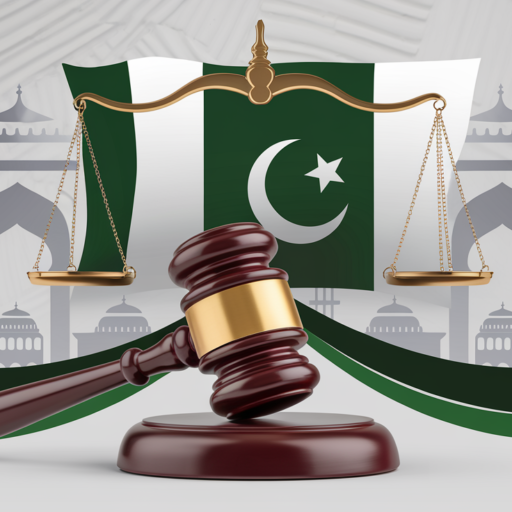The law of evidence in Pakistan plays a crucial role in the legal process, ensuring that justice is delivered based on truth and facts. Governed primarily by the Qanun-e-Shahadat Order, 1984, Pakistan’s evidence law faces numerous challenges that impact the administration of justice. From outdated legislation to technological hurdles, these challenges underscore the need for reform to make evidence law more effective and just.
Read More
1. Outdated Legislative Framework
The Qanun-e-Shahadat Order of 1984, modeled after colonial-era laws, has not been updated to address modern-day requirements. This creates significant challenges, as legal practitioners often find themselves applying outdated principles to contemporary cases. The lack of clarity around certain evidentiary standards, such as the admissibility of digital evidence, leaves room for inconsistencies in judicial decisions.
Need for Modernization
Given advancements in technology and societal changes, Pakistan’s law of evidence would benefit from legislative reform that aligns with international standards. A comprehensive update can help address the complexities of digital evidence, improve reliability, and reduce ambiguities in interpretation.
2. Challenges with Digital Evidence
As digital devices become more prevalent, so do crimes involving digital evidence. In Pakistan, the acceptance and handling of digital evidence remain contentious due to the absence of clear legal frameworks. The Qanun-e-Shahadat Order lacks specific provisions on electronic and digital evidence, leading to confusion about its admissibility and reliability in court.
Admissibility and Authentication Issues
Digital evidence often requires complex processes for verification and authentication. Without a proper framework to guide the handling of such evidence, the chances of manipulation or tampering increase, challenging the credibility of the evidence presented. The absence of specific standards also makes it difficult for judges to uniformly assess digital evidence, resulting in inconsistent rulings.
3. Witness Protection and Reliability
Witness testimonies play a pivotal role in the Pakistani judicial system. However, witnesses are often susceptible to threats, intimidation, or influence, which impacts their ability to provide unbiased, truthful accounts. Pakistan lacks a robust witness protection program, leaving witnesses vulnerable to external pressures that could lead to compromised testimony.
Impact of Unreliable Testimonies
The reliability of witness testimony is essential in cases where physical evidence is minimal. Without adequate protections, witnesses may be unwilling to testify or, worse, may alter their testimonies due to fear, leading to miscarriages of justice. Establishing a witness protection program could significantly improve the reliability of testimonies.
4. Evidentiary Burden in Cases Involving Women and Children
In cases involving women and children, especially in matters of abuse, rape, or domestic violence, the evidentiary requirements often place an excessive burden on the victim. Due to societal biases and legal limitations, women and children face an uphill battle in proving their cases. The current system lacks sensitivity to these cases, making it difficult for victims to present evidence that meets traditional legal standards.
Need for Sensitive Evidentiary Standards
Implementing more victim-centered evidentiary practices can make the legal process more accessible and just. Courts should consider alternative evidence forms, such as psychological evaluations and testimony from social workers, to support victims’ claims in a fairer manner.
Conclusion
The law of evidence in Pakistan is in need of substantial reform to address contemporary challenges. By updating outdated laws, establishing clearer frameworks for digital evidence, improving witness protection, and making the system more sensitive to vulnerable groups, Pakistan can build a legal environment that truly serves justice.
Hashtags
#LawOfEvidence #JusticeInPakistan #PakistanLegalSystem #DigitalEvidence #WitnessProtection #LawReform

